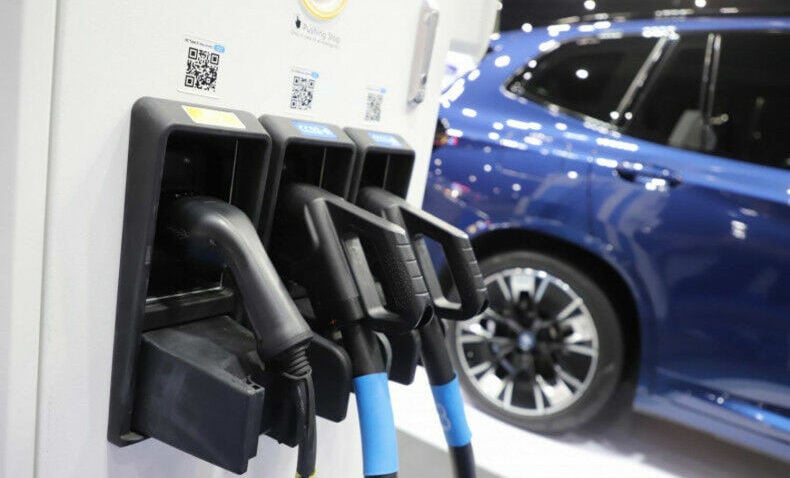Thailand cuts car taxes to boost electric vehicle production

Thailand’s National Electric Vehicle Policy Committee has approved a revamped car tax structure to bolster the production of hybrid vehicles and transition from internal combustion engines to electric power. Chaired by Prime Minister Paetongtarn Shinawatra, the committee aims to position Thailand as a leading hub for electric vehicle (EV) and electric motorcycle production in Southeast Asia.
Narit Therdsteerasukdi, the Secretary-General of the Board of Investment, highlighted the committee’s decision to lower excise taxes for hybrid electric vehicle (HEV) and mild hybrid electric vehicle (MHEV) manufacturers.
This incentive applies to vehicles with no more than ten seats and is contingent on manufacturers making an additional investment of at least 3 billion baht (US$87.6 million) from 2024 to 2027 while incorporating locally sourced parts. Additionally, these vehicles must be equipped with advanced driver-assistance systems to qualify for the tax reductions.
Manufacturers are also required to adhere to stringent carbon dioxide (CO2) emission standards. Vehicles emitting less than 100 grams of CO2 per kilometre will receive an excise tax rate of 6% from 2026 to 2032.
In contrast, those emitting between 101 and 120 grammes per kilometre will face a 9% tax rate within the same period. This represents a change from the previous structure, where excise taxes were set to increase by 2% annually after 2026.
For MHEVs, a similar structure is in place. Vehicles emitting less than 100 grams of CO2 per kilometre will be taxed at 10% from 2026 to 2032, while those emitting between 101 and 120 grammes per kilometre will incur a 12% rate. MHEV manufacturers are required to invest at least 1 billion baht (US$29.2 million) in 2026 and a further 5 billion baht (US$146 million) in 2028, with an obligation to use local components.
Electric vehicle
The committee also extended the production period for battery electric vehicles (BEV) under the EV3 measure, which includes subsidies, reduced import duties for fully assembled cars, and an excise tax cut. Initially, importers were required to manufacture vehicles at a 1:1 ratio with imports by 2024, or a 1:1.5 ratio by 2025 if they failed to meet the initial deadline.
However, due to declining car sales, an extension has been granted. Between 2022 and 2023, approximately 84,000 EVs were imported under the EV3 measure, necessitating the production of 124,000 vehicles by 2025.
To mitigate challenges faced by manufacturers, the committee has introduced the EV3.5 package, allowing a production ratio of 1:2 in 2026 and 1:3 in 2027. This new package, effective from 2024 to 2027, offers fewer incentives than its predecessor, reported Bangkok Post.
The extension aims to address concerns that locally produced EVs under EV3.0 may cost more than those imported under EV3.5, potentially placing local manufacturers at a competitive disadvantage.
Latest Thailand News
Follow The Thaiger on Google News:


























